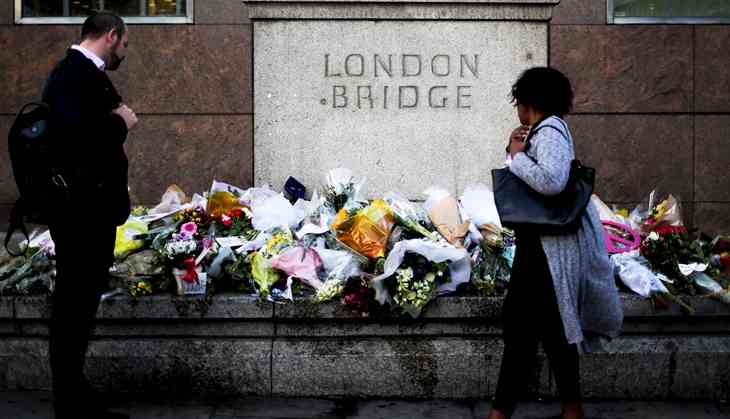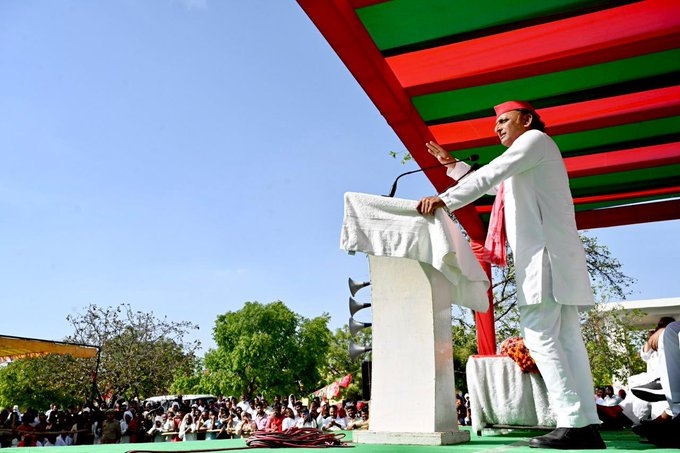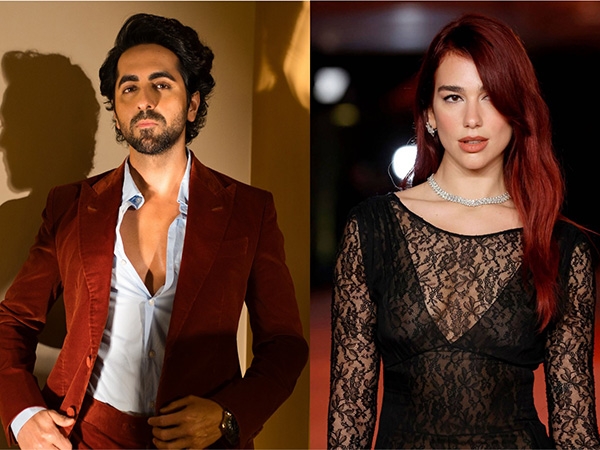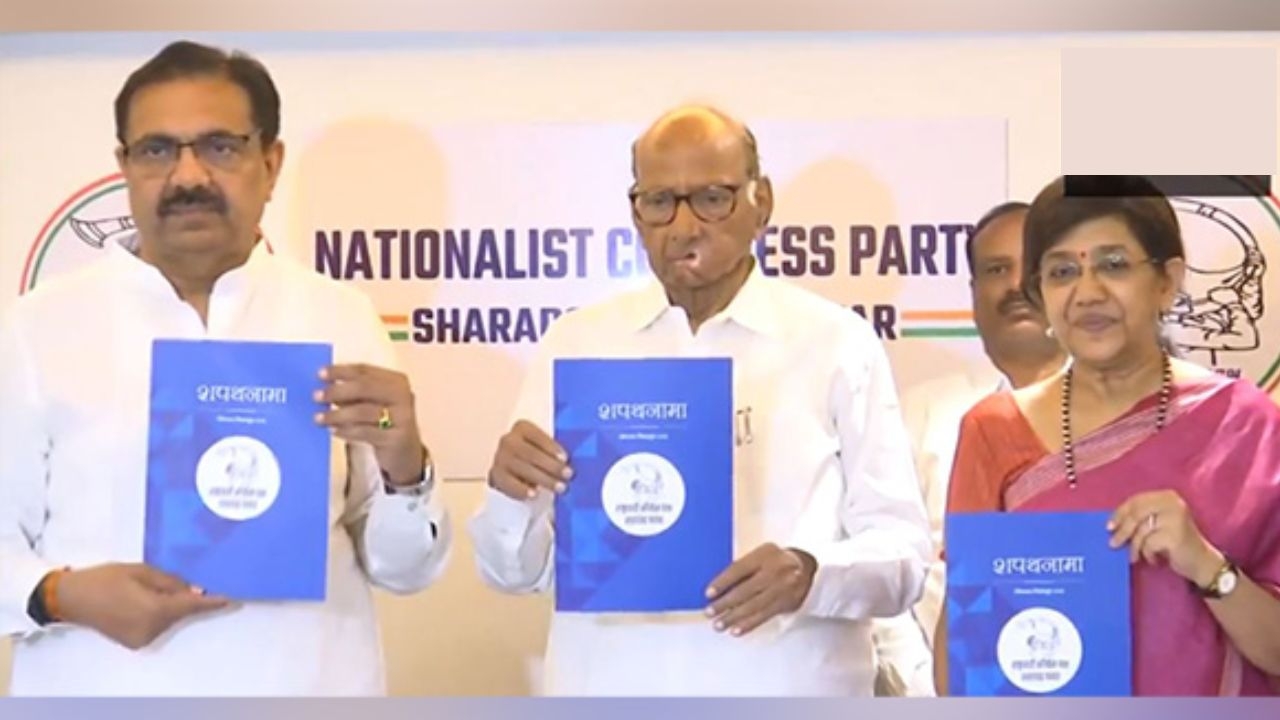Islamophobia and causes of terrorism must be part of awkward conversations after London Bridge attack

Following the London Bridge and Manchester attacks, politicians and commentators have insisted that Britain should “keep calm and carry on”. This has lead some to declare that public mourning and statements of condolence are platitudes and inadequate.
In an article for The Conversation, Bill Durodie argues that we should bypass emotions, be determined, and find a more “visionary” purpose than the narrow understanding of defeating terrorism and virtue-signalling statements of politicians. He says that the prime minister, Theresa May, was right to say that “enough is enough” and argues that “uncomfortable conversations” are now needed.
We agree, but have a rather different idea about what those awkward conversations should be.
Emotion in politics
The first awkward conversation is about how we can accept emotion in politics. Vigils, minute silences, and music concerts in response to terrorism are not self-serving acts that allow us to forget rather than remember. They are an opportunity for collective togetherness that allow us to have awkward conversations about loss, grief and the “good life”.
The “good life” is more than protecting life, it is about how we live our lives positively. It includes things like friendship, belonging, knowledge, self esteem, joy and honour. For the political theorist Hannah Arendt these intangibles become real when we participate in shared activities in the public sphere. In contrast, terrorist totalitarian ideologies try to destroy that public space and restrict the “good life”.
Public acts of mourning and displays of affection are therefore legitimate emotional responses to violence because they are also acts of refusal and resistance. They are reclaiming public spaces by physically occupying and redecorating them with candles, flowers and messages of hope and love. Attempts to cast aside emotion in favour of a “stiff upper lip” in public debates reduce the opportunities for empathy, resistance, and social change.
Tough on terrorism
The other part of Durodie’s argument here is that terrorists are part of the “snowflake generation” unable to handle criticism of their emotions. He implies that terrorism is the flip side of the coin to those emotional public displays of affection – a symptom of modern times. But this framing of terrorism infantilises and depoliticises.
The “snowflake generation” argument is superficially appealing because terrorism is mostly a young man’s activity. We can see too that gender is a factor – there is an appeal to a certain type of masculinity in terrorist violence. But it’s not only young men who participate, as the three girls from Bethnal Green who went to fight with Islamic State (IS) in 2015 show.
So young Muslim boys have become the new “folk devils” who we have learnt to fear. The snowflake argument replicates this logic and gives us easy scapegoats. Other articles demonising young men as “louts, hoodies and scum”, dominates public and media perception, but here it masks more awkward conversations about the causes of terrorism.
Terrorism is not a new phenomenon, and despite “medieval-looking ideologies”, the likes of so-called Islamic State are very much products of our times. They are a consequence and feature of globalisation and modern philopsohy. Discussing how terrorism is shaped by foreign policy, global and local economic inequalities, and perceptions of injustice is a crucial awkward conversation, but one it seems the government would rather avoid.
The reality of Islamophobia
Another awkward – and long overdue – conversation is about Islamophobia. Durodie is probably right to suggest that British society is not as racist as it used to be. But Islamophobia is a problem especially in the immediate aftermath of such atrocities, when spikes in Islamophobically motivated hate crimes are evident both in the UK and elsewhere.
There was a rise in Islamophobic hate crimes following the Westminster attacks in March, and shortly after the recent Manchester attacks, a mosque in Oldham – among others – was firebombed. It is a stark reality that ordinary British Muslims are more likely to become a victim of Islamophobic hate crime following terror attacks. For those in positions of influence to raise awareness and speak out against this would seem to be entirely sensible.
Challenging Islamophobia is to reject an underlying feature of modern terrorism: a refusal to share the world with others. It is therefore an essential part of being tough on terrorism.
Political correctness not at fault
It is unclear what May really meant when she called for “some difficult, and often embarrassing, conversations” but others in her party have implied that Muslims need to “do more” to condemn terror.
Since the attacks at London Bridge, many Muslims and Muslim organisations have spoken out against them. The Muslim Council of Britain condemned the perpetrators as “cowards”, stating that British Muslims were “outraged and disgusted” by such atrocities. London’s mayor, Sadiq Khan, voiced his horror and denounced the violence of such groups.
Just a few months ago, an American Muslim compiled a 712-page document detailing all the times that Muslims have denounced atrocities that have been committed in the name of Islam. Prominent and high-profile Muslims are therefore already engaging in awkward conversations at times when emotions and sensitivities are running extremely high.
Such engagement and condemnation by Muslims doesn’t only happen in the aftermath of these tragic events. Community members reported the attackers of Manchester and London to the authorities for their radical views long before these atrocities. Far from shying away from, British Muslims are engaging with these awkward topics.
![]() Maybe the government should itself be prepared to engage in these awkward conversations about the good life, Islamophobia, and the causes of terrorism if indeed it does want to be more visionary.
Maybe the government should itself be prepared to engage in these awkward conversations about the good life, Islamophobia, and the causes of terrorism if indeed it does want to be more visionary.
Katherine Brown, Lecturer in Islamic Studies, University of Birmingham and Chris Allen, Lecturer in Social Policy, University of Birmingham
This article was originally published on The Conversation. Read the original article.
First published: 7 June 2017, 16:48 IST


_251371_300x172.jpg)


![BJP's Kapil Mishra recreates Shankar Mahadevan’s ‘Breathless’ song to highlight Delhi pollution [WATCH] BJP's Kapil Mishra recreates Shankar Mahadevan’s ‘Breathless’ song to highlight Delhi pollution [WATCH]](http://images.catchnews.com/upload/2022/11/03/kapil-mishra_240884_300x172.png)

![Anupam Kher shares pictures of his toned body on 67th birthday [MUST SEE] Anupam Kher shares pictures of his toned body on 67th birthday [MUST SEE]](http://images.catchnews.com/upload/2022/03/07/Anupam_kher_231145_300x172.jpg)






